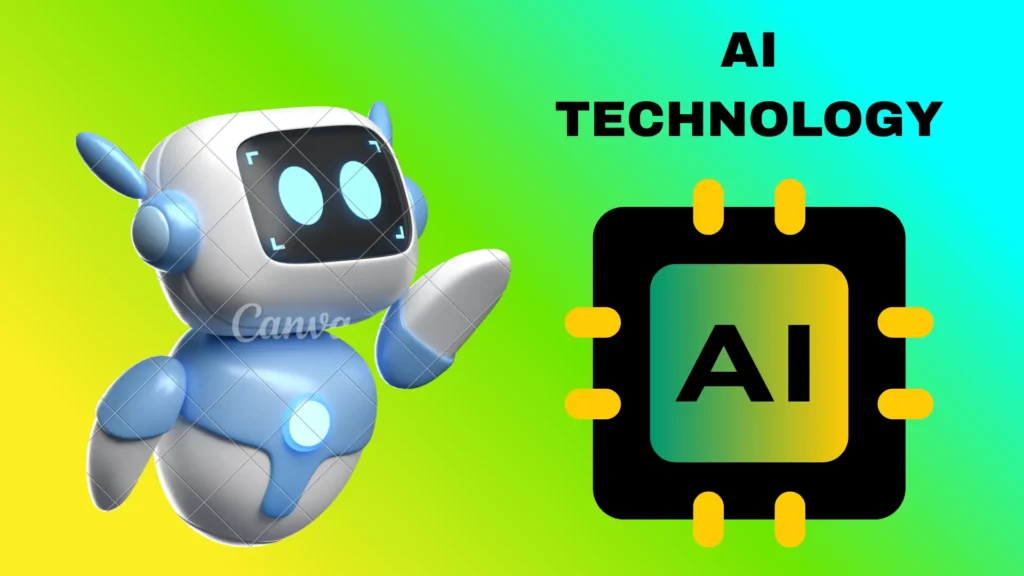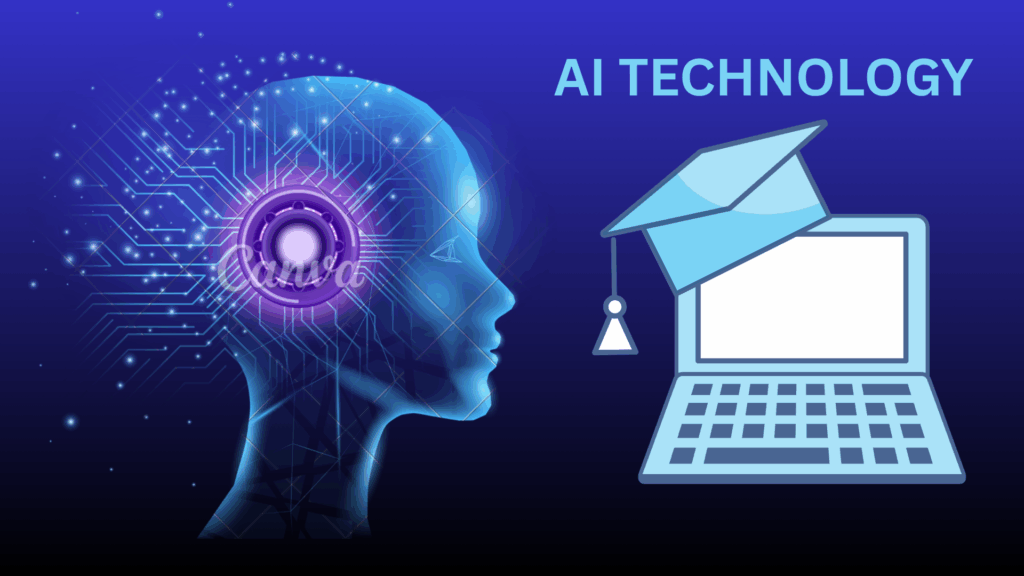AI Technology for SEO 2025: Boost Rankings with Smart Tools
In today’s digital race, brands and websites struggle to maintain their presence across evolving search engines. Traditional SEO methods are falling short as AI-based search interfaces, such as Google’s SGE, Perplexity, and ChatGPT, dominate the landscape. To remain visible, scalable, and competitive, the shift toward AI-powered SEO is no longer optional—it’s essential.
AI technology has revolutionized SEO by automating keyword research, improving content quality, and aligning perfectly with user search intent. Businesses now harness machine learning, NLP, and predictive data to structure content that performs well not only in traditional rankings but also in AI-generated responses.
AI technology has become a game-changer in search engine optimization. It enables marketers and content creators to automate keyword research, generate SEO-friendly content, analyze user intent, and track ranking performance more accurately. AI doesn’t just save time—it enhances precision and strategy.
Smart SEO tools powered by AI help businesses understand complex search engine algorithms and adapt their strategies in real time. Whether you are a small business or a digital marketing agency, leveraging AI in SEO can drastically improve your online visibility.

What Is AI Technology in SEO?
AI SEO involves using artificial intelligence to analyze search patterns, generate optimized content, and structure web pages for better visibility across platforms. Tools like DeepSeek, SEO.ai, HubSpot AI, and Contently AI allow businesses to optimize at scale.
AI tools such as Clearscope, Frase, and MarketMuse analyze top-performing content and suggest real-time improvements. These tools help you:
- Improve keyword placement
- Optimize readability
- Maintain ideal content length
- Use semantic keywords
- Match search intent accurately
This leads to better engagement and improved SERP rankings.
Keyword & Semantic Research
AI tools identify keyword clusters based on semantics, user behavior, and search volume trends. This ensures better targeting with high-value long-tail phrases aligned with actual user intent.
Automated Optimization
Competitor content analysis enables AI tools to suggest content structures, improve heading formats, and integrate schema markup automatically, creating SEO-rich drafts with minimal effort.
Trend Prediction
Predictive analytics track user behavior and forecast what audiences will search next, enabling brands to publish future-relevant content ahead of competitors.
Enhanced Technical SEO
AI supports technical SEO by auditing websites for broken links, site speed, mobile responsiveness, schema markup, and crawl errors. Tools like Screaming Frog SEO Spider and PageSpeed Insights powered by AI help improve site health for better indexing.
Top AI SEO Tools & Features
HubSpot AI SEO
Provides full-funnel SEO support, including keyword suggestions, content rewriting, and SERP tracking.
SEO.ai
Focuses on automated briefs, keyword scoring, NLP enrichment, and performance tracking.
Contently AI
Analyzes tone, structure, and search engine alignment with real-time content feedback.
DeepSeek
An advanced open-source LLM optimized for cost, speed, and energy efficiency. It creates SEO content, analyzes prompt-based performance, and supports originality scoring.
How to Use DeepSeek
- Insert keyword-focused prompts to generate content outlines.
- Let DeepSeek create a structured draft.
- Review and enhance with internal links and human edits.
- Integrate schema, FAQ blocks, and heading hierarchy.
- Finalize with a review against originality checkers.
What’s New in AI SEO
- Answer Engine Optimization (AEO) helps content appear in tools like ChatGPT and Google’s AI overview.
- Generative Engine Optimization (GEO) improves brand mentions in AI-generated summaries.
- Quantum SEO is emerging with platforms using quantum computing for faster, more accurate optimization.
- AI Visibility Tools like Wix’s AI Overview track where and how your content appears in LLM responses.
Comparison: Traditional SEO vs AI SEO
| Aspect | Traditional SEO | AI-Driven SEO |
| Research | Manual tools | Automated NLP + prediction |
| Content Writing | Fully manual | AI-assisted + human-optimized |
| Technical SEO | Audit-based | Automated schema + structured AI |
| Visibility | Google/Bing-based | Generative AI + answer engines |
Pros and Cons
Pros:
- Faster content turnaround
- Better search intent matching
- Scalable SEO campaigns
- AI integration with generative platforms
Cons:
- Risk of generic content if not reviewed
- Requires human editing for accuracy
- Overdependence can reduce brand authenticity

FAQs
Q.1: Can AI content rank on Google?
Yes, if it follows EEAT (Experience, Expertise, Authority, Trust) principles and adds real user value.
Q.2: Does AI-generated content work in all languages?
Some tools are optimized for English, but others, like DeepSeek, are expanding into multilingual support.
Q.3: How to detect low-quality AI content?
Use originality checkers, factual verification, and tone assessments.
Conclusion
AI technology revolutionizes the way SEO content is researched, written, and optimized. From semantic keyword clustering to predictive insights, AI tools streamline the process while enhancing quality. Platforms like DeepSeek lead the innovation with performance, originality, and cost-effectiveness. Integrating AI into your SEO workflow ensures better ranking, stronger audience engagement, and future-proof visibility in a generative-first search world.
